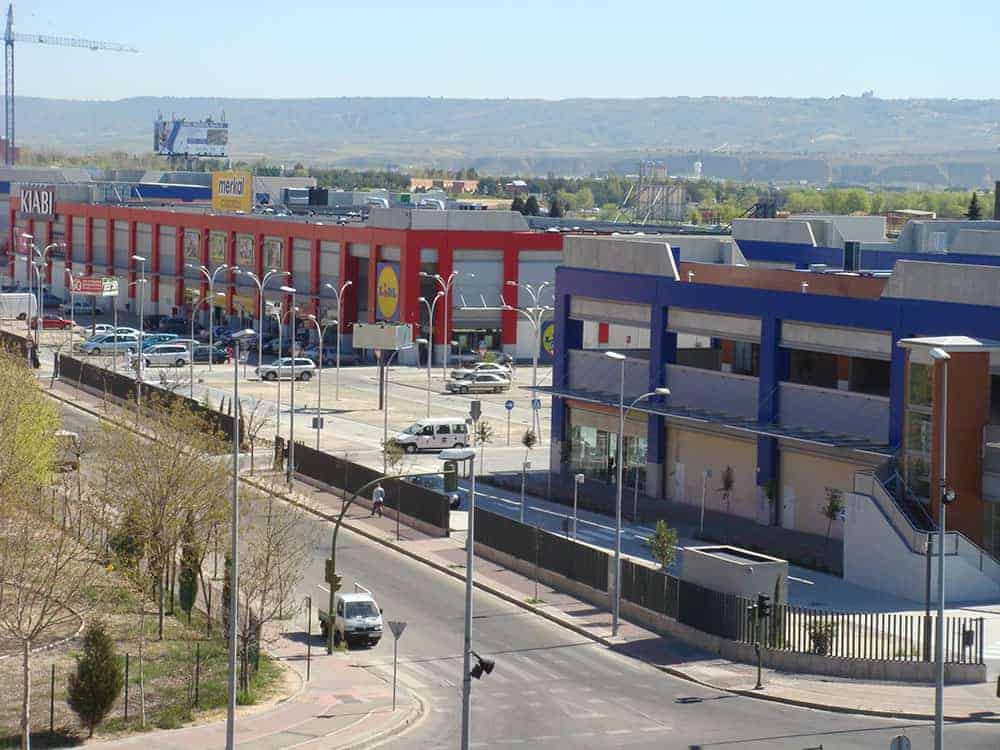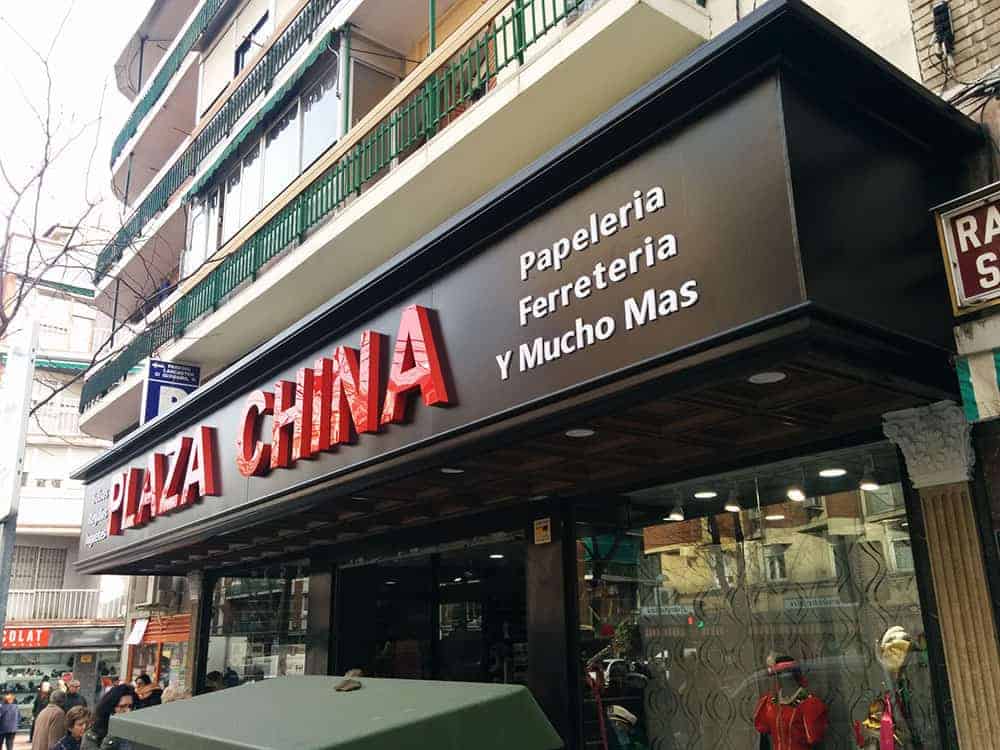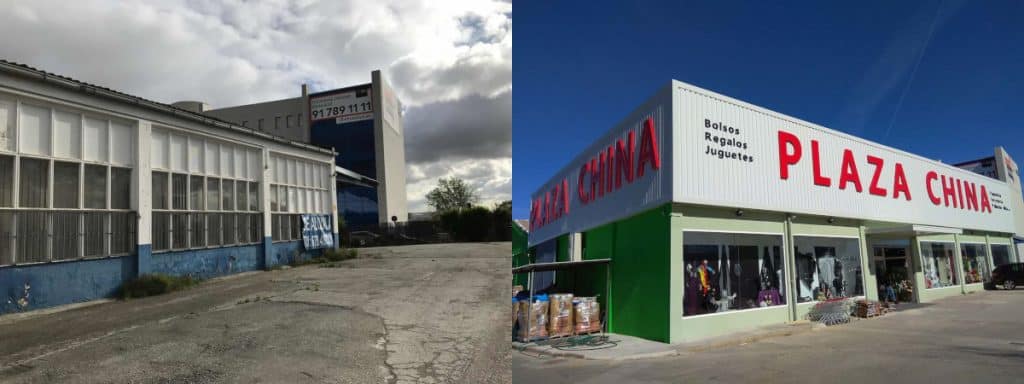Towards a new real estate model for Asian shops
Since their arrival in Spain in the 90s, retail stores of diverse, inexpensive products manufactured in China have become regular shops in our cities. Over time, they have consolidated as businesses, and today they aim to attract a wider public. They have made the leap from small shops directed to a local audience to shopping malls, department stores and industrial areas.
Their business model remains the same, however, the real estate model of these businesses has changed and expanded.
What differentiates this new model of Asian businesses?
The multi-product shops that are being opened by Asian families in Spain are different from the small urban shops we have known since the 90s:
- Although they are still present in city centres, they tend to move towards the suburbs and establish in shopping malls, industrial zones and medium-sized commercial areas.
- They aim to attract a wider public.
- They seek to make a greater investment in the real estate market with the goal of selling a higher volume and being more profitable than small businesses.
- They have larger capital available.
- Although they maintain the multi-product model, they are beginning to specialize, it is common to find shops that are almost exclusively for textiles or home decor.
These changes respond, in turn, to changes in society, consumer behaviour and the structure of businesses in our cities:
- Saturation of proximity shops of this kind in cities.
- Changes in the immigration model: arrival of immigrants of Asian origin with greater resources.
- Economic recovery after the crisis: availability of empty industrial and commercial premises that represent an investment opportunity.
- Boom in Asian online commerce: specialization and relocation to commercial areas.
A battle for more square meters
In city centres, the search for larger commercial premises is becoming increasingly competitive. Retailers that were typically associated with large warehouses and shopping malls have started to open stores in city centres. This is the case of Media Markt, Carrefour, Leroy Merlin and even Ikea, which have already made the leap to urban commerce, and everything points towards the increase of this centralization trend.
The Asian commerce model has transformed, and it is no longer a family business model, but behaves the same way as large investors.
Opportunities for the real estate sector
At Éxico, in our work in the Industrial and Commercial sectors, we have provided our services to several Asian multi-product shops. Our work with these business has included a Coordination Team for Exclusive Building Works (ECOP), a project in which we represent the shopping mall owner and work with the shop as a tenant. We have also carried out new plant projects and rehabilitation projects directly for business owners of this commercial model.

Alcalá Atenea Shopping Centre, Coordination Team for Exclusive Building Works (ECOP) carried out by Éxico.
We have an opportunity to provide our services to a new type of investor, bringing variety to the commercial sector. The rehabilitation of empty industrial buildings, the greater offer and variety that this new agent contributes to the commercial areas in which we work enriches them and brings greater attractiveness for the consumer and for the real estate investor.










